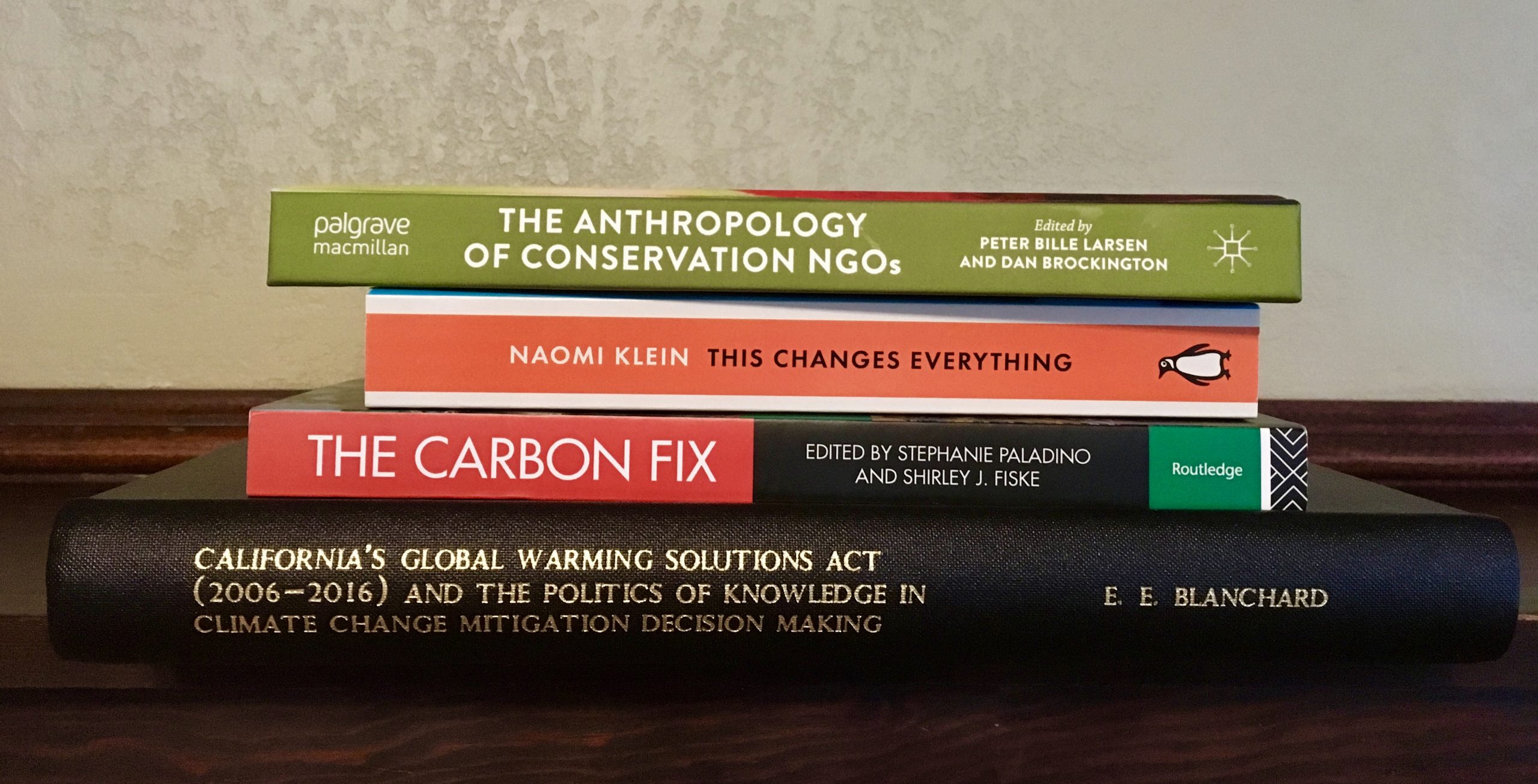
Libby Blanchard authors chapter in new book, The Anthropology of Conservation Organisations.
Conservation NGOs have long been seen as the guardians of sustainability, and as a result, occupy powerful institutional spaces. Yet, understanding the effects and effectiveness of conservation organisations and their interventions continues to trail most other policy fields.
Libby Blanchard
Gates Cambridge Scholar Libby Blanchard's MPhil research is part of a new book that explores the role and impacts of biodiversity conservation organisations and their conservation policies.
The book, The Anthropology of Conservation NGOs: Rethinking the Boundaries, includes research that explores the shifting boundaries of conservation NGO identities and actions and examines the prominent role of conservation NGOs as implementers of sustainability practices.
Blanchard says: "Conservation NGOs have long been seen as the guardians of sustainability, and as a result, occupy powerful institutional spaces. Yet, understanding the effects and effectiveness of conservation organisations and their interventions continues to trail most other policy fields. The research included in this book is an effort to address this knowledge gap."
One of the central themes of the book is the changing relationship of conservation organisations with market-based conservation and neoliberal capitalism. Blanchard's research, which makes up a chapter of the book, examines the increasing use of market logic in conservation practices. While two decades ago, mainstream conservation organisations were likely to embrace values, approaches and missions that were incompatible with private sector and business interests, conservation organisations are now increasingly aligning with market values. Examples include a conservation organisation paying individuals to protect a forest instead of depending on regulations and morals that would otherwise keep such a forest out of the market domain.
The research compared attitudes towards market-based instruments among conservationists at the International Congress for Conservation Biology (in New Zealand in 2011) and in conservation organisations clustered in Cambridge in 2013. It found a clear group of market enthusiasts in both New Zealand and Cambridge that embraced market-based instruments for conservation practice. Blanchard's research also found some indications that the move to embrace markets is being led from the top by leaders of conservation organisations.
Blanchard [2012] recently completed her PhD as a Gates Cambridge Scholar at the University of Cambridge, where she studied climate change policy and environmental justice debates. She currently collaborates as an affiliated research scholar with the University of Cambridge Conservation Research Institute.

Libby Blanchard
- Alumni
- United States
- 2012 MPhil Environment, Society and Development
2013 PhD Geography - King's College
I arrived at Cambridge in 2012 to pursue an MPhil in Environment, Society and Development to learn how best to negotiate environmental pressures when alleviating poverty through economic growth. I am particularly interested in developing policies that address both extreme poverty and biodiversity loss--two of the most critical challenges of our era. In 2013, I received a second Gates Cambridge Scholarship to pursue a PhD that addresses climate change policy and environmental justice, and received my PhD in 2017. Before Cambridge, I worked for six years directing international development and conservation initiatives for a coffee importing company. In this role, I raised over $4 million for livelihood improvement programs, some of which were featured at the Clinton Global Initiative and in National Geographic's Wild Chronicles series.












